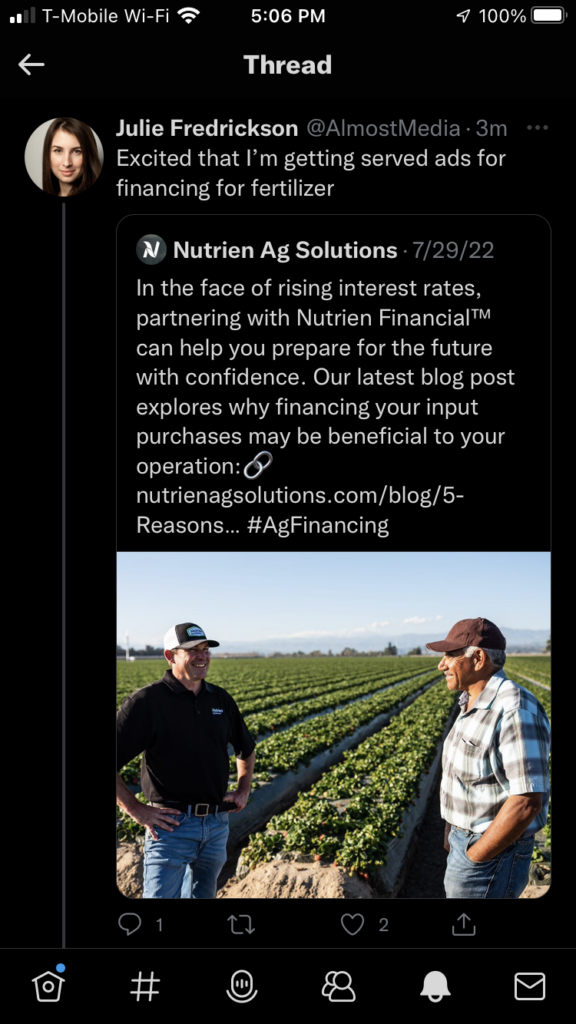I’ve loved the discourse of indignation that has surrounded rich men doing deals via text messages. There was lot of hand waving about the death of genius and the meaning of it all. Isn’t it such a scandal our best and brightest are just saying shit on Twitter DM?
I suppose if you never worked in startups or finance it might come as a genuine shock that rich techie people are no better or smarter than anyone else. Why the fuck do these dorks control all the money and resources then? I’d say it is because they are willing to make their best guesses.
One of my favorite scenes in Star Trek is Spock struggling through a series of calculations and informing Captain Kirk that he may need to make a guess. Kirk’s response? That’s extraordinary! Spock is naturally confused. Dr McCoy or Bones has to do some translating.
Star Trek IV The Voyage Home (The Whale Movie)
Bones: He means that he feels safer about your guesses than most other people’s facts.
Spock: Then you’re saying… it is a compliment?
Bones: It is.
Spock: Ah. Then I will try to make the best guess I can.
Everyone is just muddling through and making their best guesses. Even the best and brightest among us are struggling to make it all work. I’m not suggesting the folks making the Twitter deal are as good as Spock but they are just making their best guesses too.
And for whatever reason they are willing to put a lot of money, time and reputation on the line to see where their best guess might go. That’s pretty courageous in its own right.

